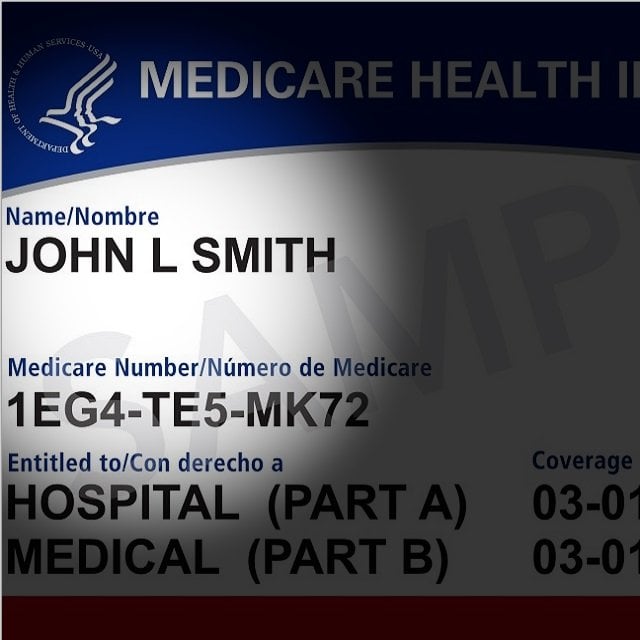Special Needs Plans: A Medicare Customer Question

What You Need to Know
SNPs are specialized Medicare Advantage plans.
They serve people with designated financial, health or living situations.
About 4.6 million of the 30 million Medicare Advantage enrollees have SNP coverage.
When it comes to individual health, there is no one-size-fits-all.
Many Medicare beneficiaries are managing multiple issues or have other circumstances in their life that affect their ability to access health care.
In that case, they may need more than just a standard Medicare plan to receive adequate treatment.
Fortunately, since 2006, Medicare Advantage has offered special needs plans (SNPs) that provide additional coverage to qualified recipients to help ensure beneficiaries are able to get the care they need regardless of their financial, health, or living situation.
In 2022, of the more than 28 million people enrolled in Medicare Advantage plans, more than 4.6 million participants are also in SNPs.
That’s why it’s important for agents to understand what SNP options are available, how to know if their clients qualify, and how they can enroll in a special needs plan.
Agents need to get the full picture of their clients’ needs and situations so that they can properly advise their clients on not only what their options are when it comes to Medicare plans, but also which supplemental programs, such as SNPs, they can utilize to make the most of their care.
The Question:
Does your client qualify for a Medicare special needs plan?
The Answer:
In 2003, the Medicare Modernization Act established SNPs and they became available to all Medicare beneficiaries in 2006.
Since then, beneficiaries have used SNPs to access additional medical and prescription drug coverage, dental, hearing and vision benefits.
In 2010, 1.3 million Medicare Advantage beneficiaries were enrolled in SNPs.
By 2022, this number had tripled.
There are three types of SNPs.
Each is designed to address the needs of Medicare beneficiaries who are managing specific circumstances due to chronic health conditions, institutional living, or financial circumstances that simultaneously qualify them for Medicaid support.
Depending on your client’s health, housing, and financial situations, they may qualify for an SNP in addition to their Medicare Advantage plan.
D-SNPs
The first and most common subset of the SNP umbrella is the dual-eligible special needs plans (D-SNPs).
These plans apply to Medicare beneficiaries who also qualify for Medicaid benefits due to limited income – a situation that is often made worse by health issues that limit an older individual’s ability to work.
Last year, 61% of all SNP enrollees were covered by D-SNP benefits.
D-SNPs work in conjunction with state Medicaid programs to coordinate benefits for patients who qualify for both programs.
Through D-SNPs, Medicare beneficiaries can receive additional benefits, such as a flex card that covers groceries and can also be applied to over-the-counter medications and transportation, reduced or waived copayments for prescription medication, and cost sharing or Medicaid support in paying Part B premiums and other Medicare service costs.
The second type of SNP, called a chronic condition special needs plan (C-SNP), applies to patients with certain long-term medical conditions.
C-SNPs
In 2022, more than 95% of C-SNP enrollees were receiving treatment for diabetes or cardiovascular conditions, but your client may also qualify if they have respiratory issues, end-stage renal disease, or certain other chronic conditions.






